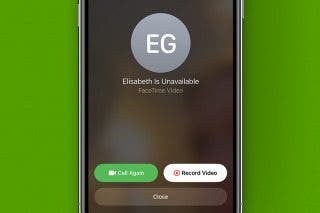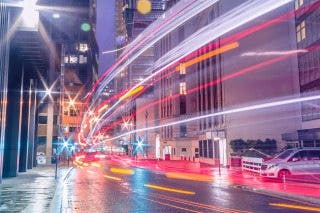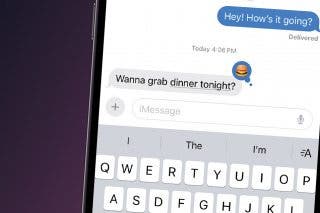5G Comes to the iPhone 12: What That Means for You
Who will be able to access 5G and who will be left behind (at least for now)?


We've been hearing rumors about 5G iPhones for well over a year, so when the latest Apple event was announced, we were excited to see the title, "Hi, Speed." A title like that could only mean one thing; Apple was finally going to reveal its 5G iPhone line. Today, it finally happened; Apple has brought 5G to the entire iPhone 12 line. Let's go over what 5G means in terms of iPhone capabilities and whether 5G network rollouts will happen quickly enough for you to use this feature any time soon. Also, let's not forget battery function! Will 5G be a major battery drain, and, if so, what can we do about it? Read on to find out.
Related: Everything Apple Announced at the October 2020 Event!
What Is 5G?
5G is the fifth-generation mobile network; it's the most reliable and high-capacity network to date, providing more privacy and security, the best peak data speeds, and the ability to seamlessly connect multiple devices. A key feature of 5G is its ultra-low latency, which allows nearly real-time communication between not only mobile devices, but also other smart devices like smart home components, factory tools, and self-driving cars.
What Will 5G Mean for the iPhone?
iPhone owners who live in an area where 5G has been rolled out will have "the best 5G experience on the market," according to Apple's Senior Vice President of Worldwide Marketing, Greg Joswiak. iPhone 12 Pro users, in particular, will enjoy 5G features, since the Pro models of the new iPhones feature more 5G bands than any other smartphone on the market to date. All the iPhone 12 models will offer faster connection times, as fast as double the upload and download speeds of 4G, less latency and more responsiveness in gaming, higher quality video streaming, and even high-definition FaceTime calls.
During the Apple October 13 event we were offered the example of an iPhone user watching a live football game from seven different camera angles with no lag. This kind of speed will be an absolute gift in the era of COVID-19, offering businesses, schools, gamers, and even bands and choirs a way to interact in near real-time in a way that slower networks have been incapable of facilitating. Once again, iPhone 12 Pro models, which support the higher-frequency 5G millimeter wave, will reap the greatest benefits of 5G network capabilities. Those iPhones will reach speeds as high as 4 Gbps, even, Apple promises, in densely populated areas with high network usage.
Who Can Access 5G?
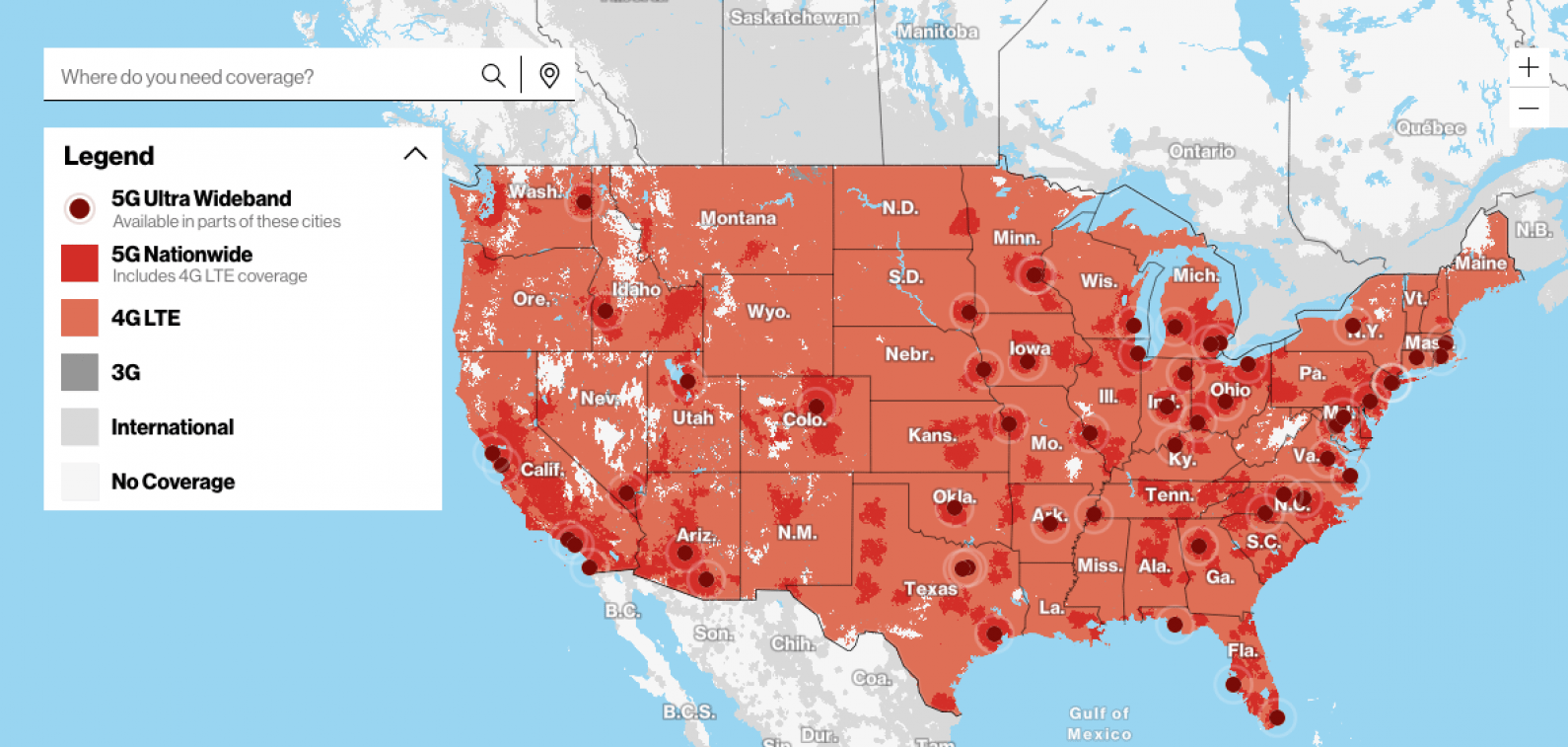
Urban customers have it the best when it comes to 5G, at least for now, particularly Verizon customers. Verizon was the first to debut a global 5G network and the carrier is not slowing down. During the Apple event, Hans Vestberg, chairman and CEO of Verizon announced the expansion of their 5G Ultra Wideband network to over 60 US cities by the end of 2020. This is in addition to the 5G Nationwide Network that was turned on today, which reaches more than 200 million people across more than 1,800 cities and towns across the country. Companies like T-Mobile currently offer 5G only to metro customers, while AT&T's 5G coverage extends across more suburban and rural areas of California, Florida, Texas, and the Boston to DC area. US Cellular's 5G network is extremely small, covering only portions of Iowa, Illinois, and Wisconsin.
In other words, if you live in a large or medium city you're sure to find 5G coverage from at least one network before the end of 2020. If you live in a more sparsely populated area, 5G isn't completely off the table, but may not happen until next year, or even later. After all, there are many places within thirty minutes of my home in Fairfield, Iowa where I have zero bars, and depend entirely on Wi-Fi for any of my internet needs. As my sister said when she moved back to the States from South Korea, "it's like the Stone Age over here."
How Will 5G Impact iPhone Battery Life?
Apple sort of glossed over the impact of 5G on battery life during the announcement today, but there was some mention of the issue. Apparently, the iPhone 12 line will be able to switch from 5G to LTE whenever the phone goes out of network. The 5G to LTE switch is a definite necessity, because, according to CNET, 5G is a great big battery hog. Their testing showed significant battery drain after four hours of 5G use. The Galaxy S10 5G, for example, lost 50% battery power in four hours of 5G use. This battery drain should be ameliorated by the more powerful chips at work in the iPhone 12 line, though. But by how much?
5G Takeaway for the iPhone 12 Line
Although 5G iPhones are a step forward for Apple, iPhone 12 owners may not be able to reap the benefits of their iPhone's full capabilities, especially when they travel (although that's less likely or frequent these days). Additionally, even when 5G is working properly, it could represent a significant battery drain. External battery packs may become more popular until Apple can make batteries that can keep up!

Leanne Hays
Leanne Hays has over a dozen years of experience writing for online publications. As a Feature Writer for iPhone Life, she has authored hundreds of how-to, Apple news, and gear review articles, as well as a comprehensive Photos App guide. Leanne holds degrees in education and science and loves troubleshooting and repair. This combination makes her a perfect fit as manager of our Ask an Expert service, which helps iPhone Life Insiders with Apple hardware and software issues.
In off-work hours, Leanne is a mother of two, homesteader, audiobook fanatic, musician, and learning enthusiast.
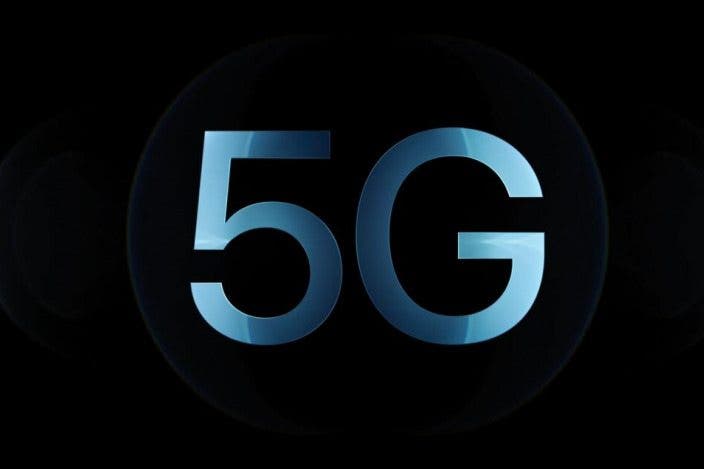
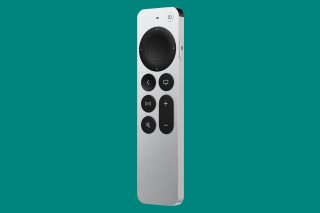
 Olena Kagui
Olena Kagui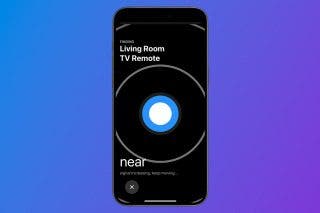
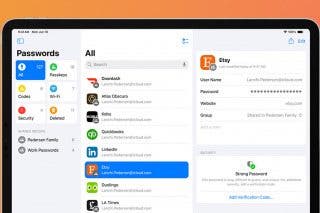
 Cullen Thomas
Cullen Thomas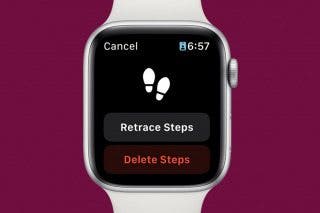
 Rachel Needell
Rachel Needell
 Leanne Hays
Leanne Hays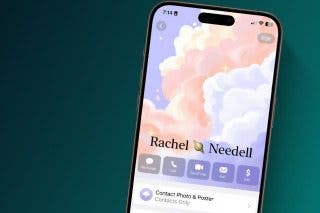
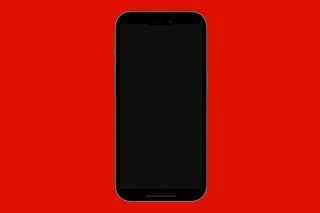
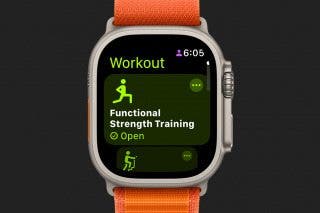

 Rhett Intriago
Rhett Intriago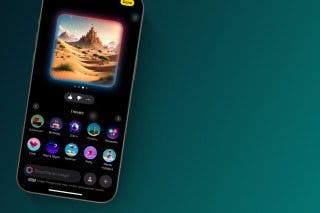
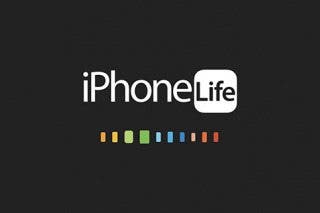
 Susan Misuraca
Susan Misuraca
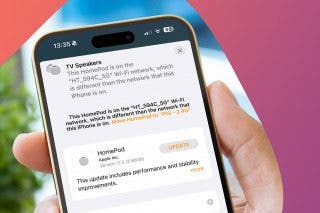
 Amy Spitzfaden Both
Amy Spitzfaden Both